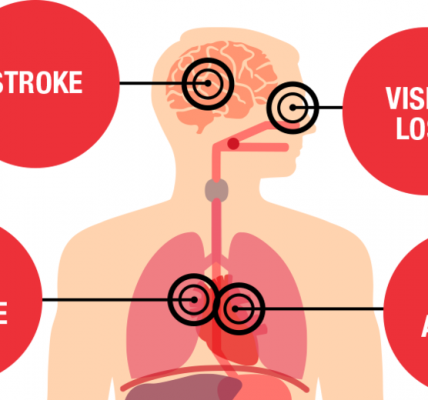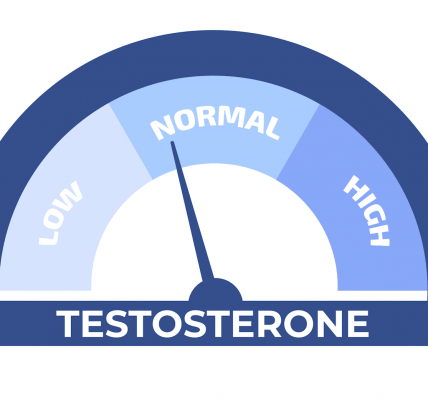Vaccinations are a powerful tool in preventing the spread of infectious diseases. By introducing weakened or inactive forms of a virus or bacteria into the body, vaccines stimulate the immune system to produce antibodies, which protect against future infections.
Why Vaccinations Matter
- Disease Prevention: Vaccines have eradicated or significantly reduced the prevalence of many diseases, such as polio, measles, and smallpox.
- Herd Immunity: When a high percentage of the population is vaccinated, it creates herd immunity, protecting even those who cannot be vaccinated, such as infants and immunocompromised individuals.
- Public Health: Vaccinations contribute to public health by reducing the spread of diseases and protecting vulnerable populations.
Common Childhood Vaccinations
- Diphtheria, Tetanus, and Pertussis (DTaP): Protects against these serious bacterial infections.
- Polio: Protects against polio, a disease that can cause paralysis.
- Measles, Mumps, and Rubella (MMR): Protects against these highly contagious diseases.
- Hib (Haemophilus influenzae type b): Protects against serious bacterial infections, such as meningitis and pneumonia.
- Varicella (Chickenpox): Protects against chickenpox.
- Pneumococcal Disease: Protects against pneumonia, meningitis, and other serious infections.
- Rotavirus: Protects against severe diarrhea.
- Hepatitis B: Protects against hepatitis B virus, which can cause liver damage.
Adult Vaccinations
Adults also need vaccinations to stay healthy. Some common adult vaccinations include:
- Flu: Annual flu shots are recommended to protect against seasonal influenza.
- Tetanus, Diphtheria, and Pertussis (Tdap): A booster shot every 10 years is recommended.
- Shingles: A vaccine to protect against shingles, a painful rash caused by the same virus that causes chickenpox.
- Human Papillomavirus (HPV): Protects against HPV, which can cause certain types of cancer.
Consulting Your Healthcare Provider
It’s important to consult with a healthcare provider to determine the appropriate vaccination schedule for you or your child. They can provide personalized recommendations based on your individual needs and health history.
By staying up-to-date on vaccinations, you can protect yourself and others from serious diseases.




